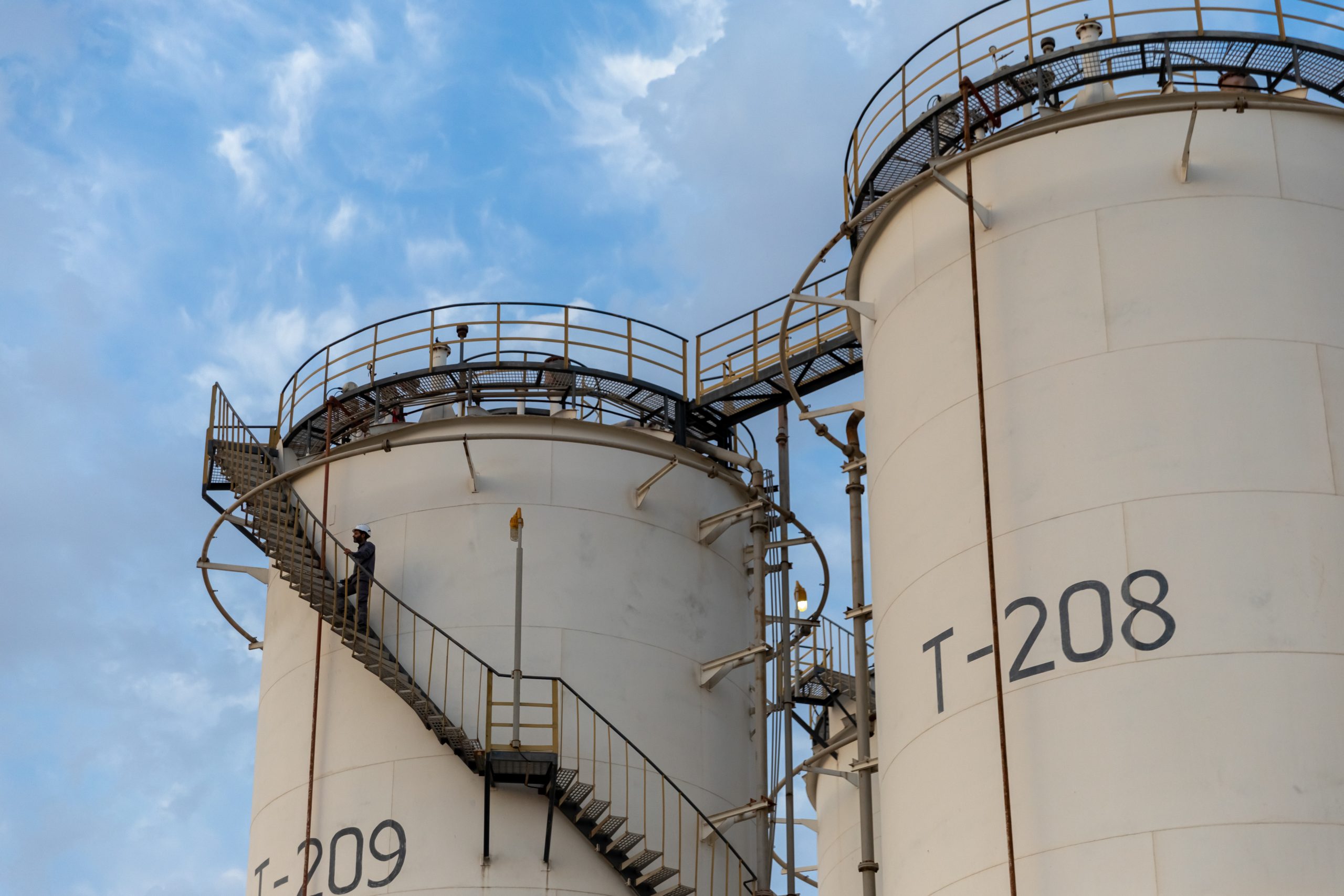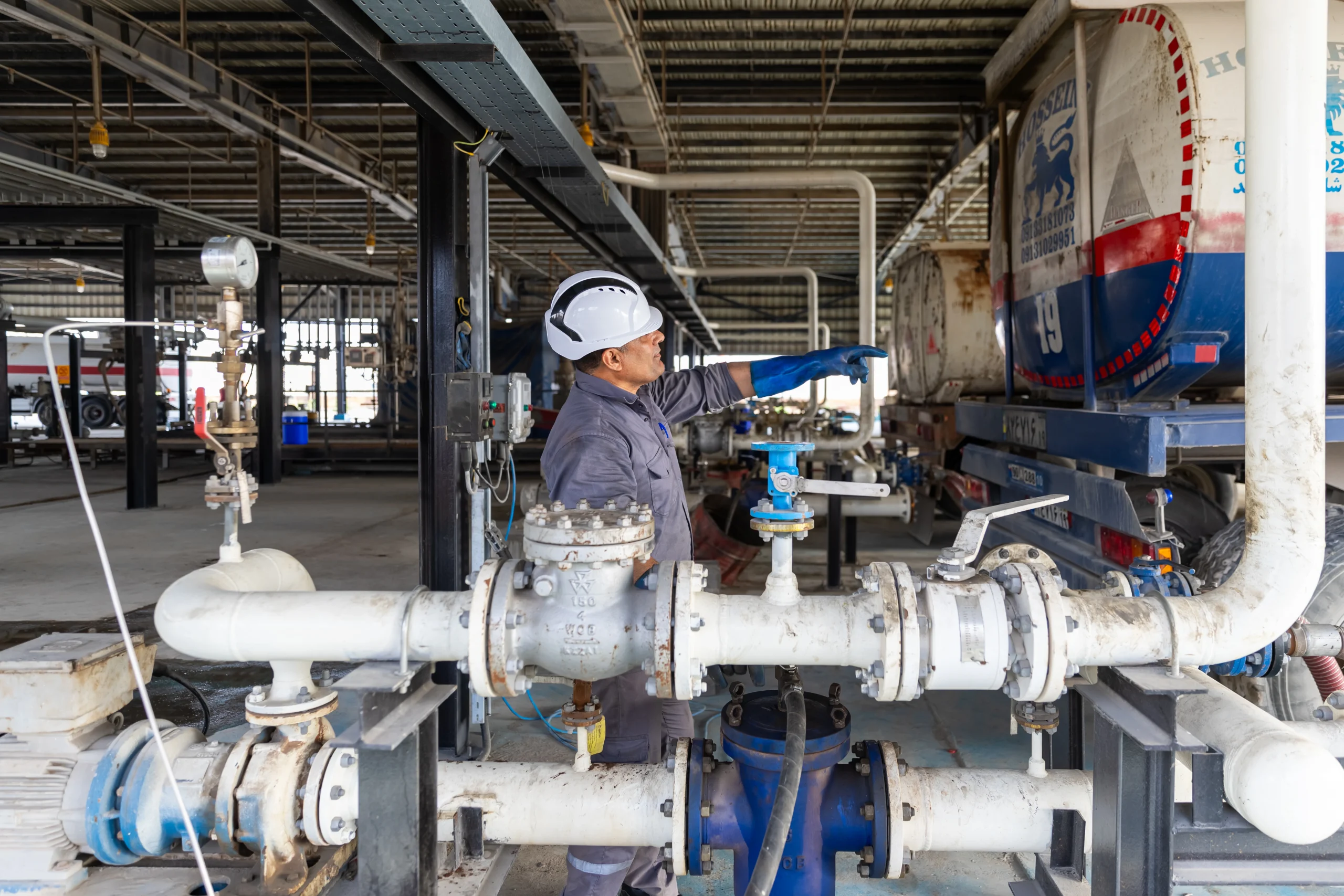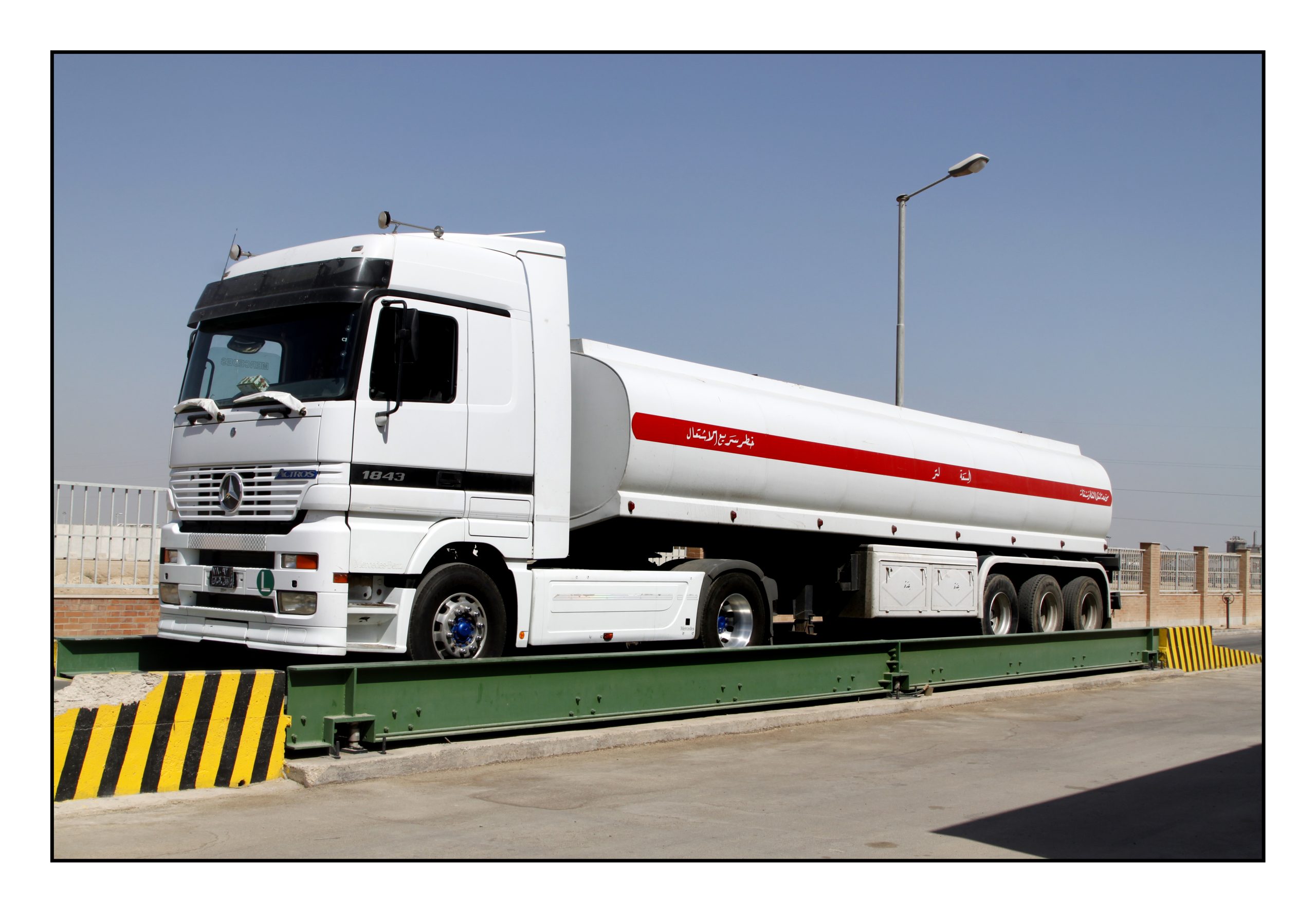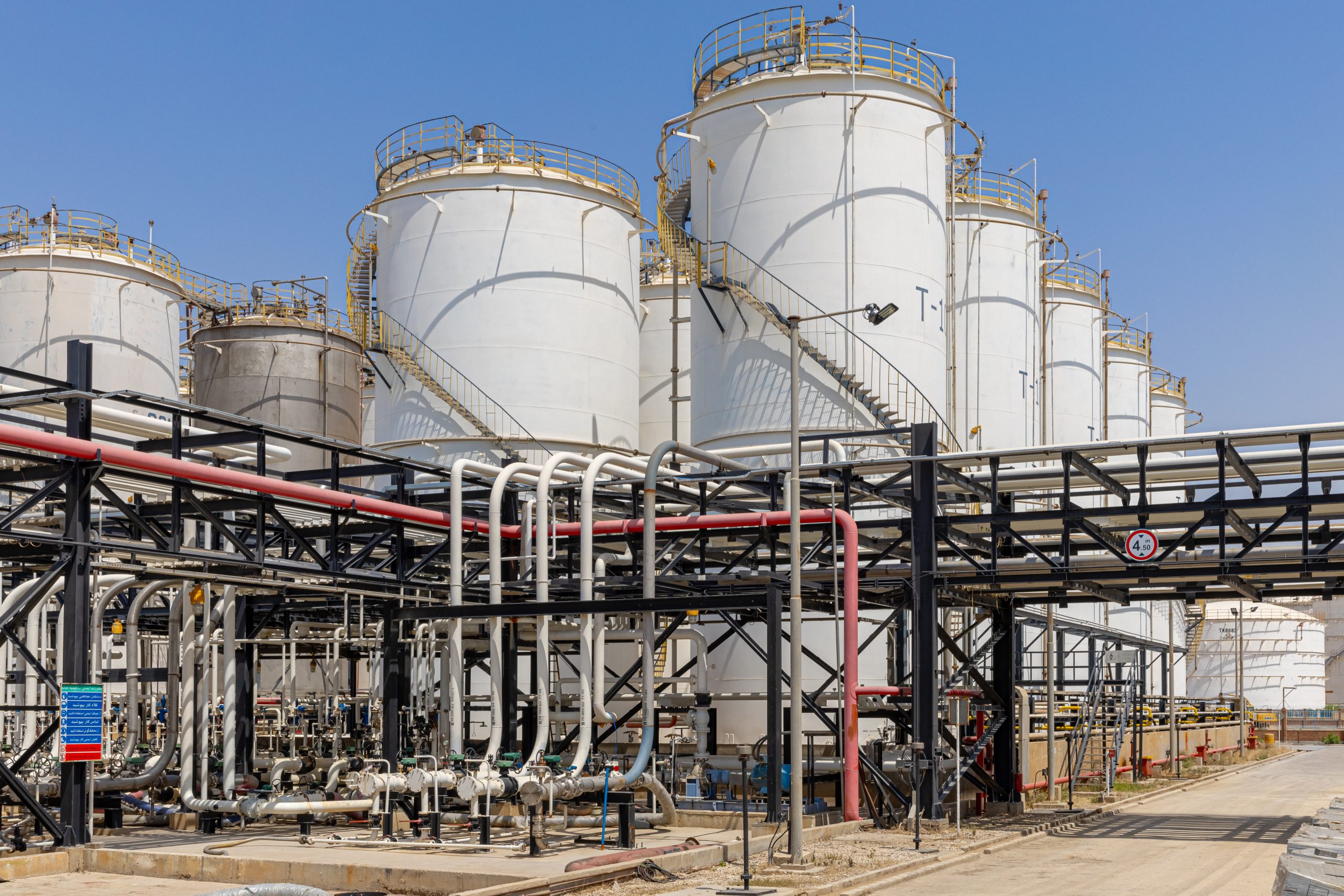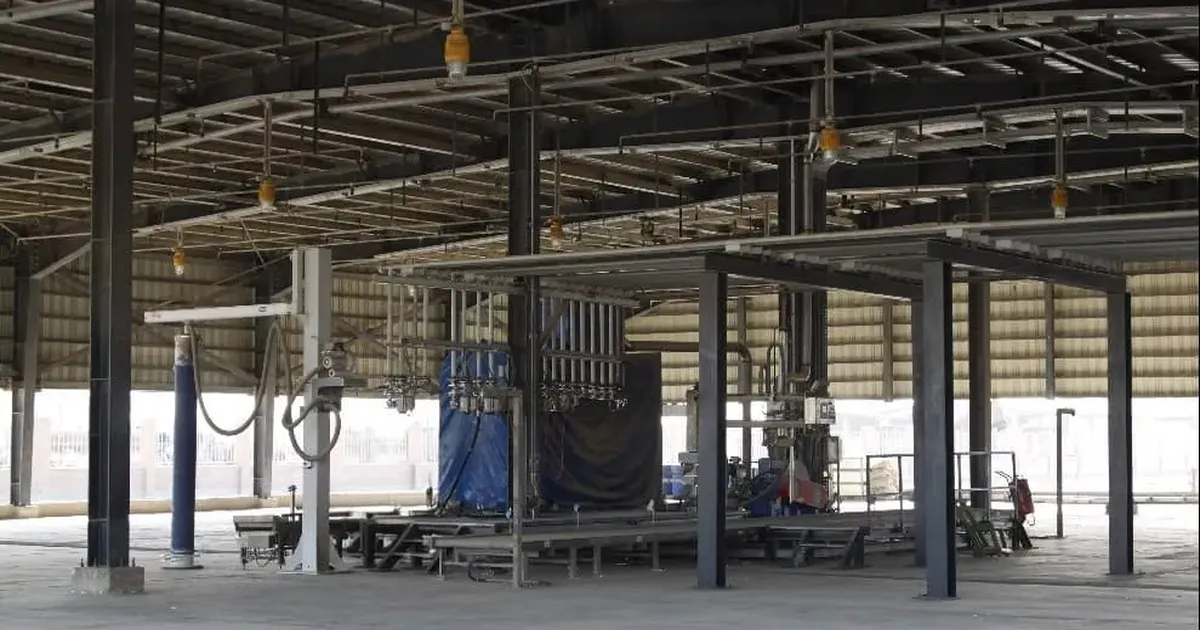The transfer of chemical liquids through pipelines is one of the safest, fastest, and most economical methods of material transportation in the industry. Exir Shimi Terminal, utilizing an advanced pipeline network, enables the direct transfer of materials from the terminal to the docks and certain petrochemical complexes located in the Special Economic Zone. This system not only reduces transportation costs and delivery time but also enhances safety and efficiency in the distribution of chemical materials.
Features of the Material Transfer System via Pipelines at Exir Shimi Terminal
- Direct and Intermediary-Free Transfer from the Dock to the Terminal and from the Terminal to the Dock and Certain Companies in the Special Zone
✅ Chemical materials are transferred directly from the terminal’s storage tanks to the docks and some companies located in the Special Economic Zone via pipelines.
✅ This process reduces the need for road transportation, leading to lower logistical costs.
- Enhanced Safety and Reduced Environmental Risks
✅ Lower risk of leakage and road accidents: Pipeline transfer eliminates the need for tanker transportation, minimizing associated risks.
✅ Preserving chemical quality: The pipelines at the terminal are designed with corrosion- and temperature-resistant coatings, preventing contamination and degradation of materials.
✅ Smart monitoring systems: Sensors for leak detection, pressure, and flow continuously monitor the transfer process and issue necessary alerts in case of any issues.
- Reduced Transportation Costs and Increased Efficiency
✅ Eliminating costs associated with loading, unloading, and tanker transportation significantly reduces expenses.
✅ Faster transfer speed: Pipelines enable continuous and uninterrupted material delivery, reducing transport time.
✅ Precise material distribution management: Control systems allow for accurate allocation of the required quantity to each company, preventing waste.
Material Transfer Process via Pipelines at Exir Shimi Terminal
Step 1: Preparation and Safety Inspection
- Checking pressure, temperature, and material quality in storage tanks before initiating the transfer.
- Connecting pipelines to designated destinations in the Special Economic Zone and conducting a leakage test.
Step 2: Commencement of Transfer Operations
- Pumping materials under controlled pressure to ensure a stable and uninterrupted flow.
- Real-time monitoring of sensor data for pressure and leakage control.
Step 3: Process Monitoring and Control
- Managing the delivery volume for each recipient company and monitoring transfer flow rate.
- Recording data and sending real-time reports to the terminal control unit and receiving companies.
Step 4: Completion of Operations and Pipeline Securing
- After completing the operation, pipelines are cleaned and emptied to prevent chemical contamination.
- Final inspection to ensure equipment integrity and prevent any leaks or damage to the pipelines.
Advantages of Using Pipelines for Material Transfer at Exir Shimi Terminal
✅ Reduced Operational Costs: Lower dependence on road transportation and associated tanker expenses.
✅ Enhanced Safety and Reduced Industrial Accidents: Eliminates the need for manual handling, minimizing risks of leaks, accidents, and environmental contamination.
✅ Optimized Material Delivery Time: Direct transfer reduces delivery time and increases order processing speed.
✅ Maximum Precision in Controlling Quantity and Quality of Chemicals: Precise monitoring of volume and transfer speed prevents any waste or unwanted material mixing.
✅ Environmental Compatibility: Eliminating road transportation and reducing greenhouse gas emissions make Exir Shimi Terminal a sustainable and eco-friendly facility.

